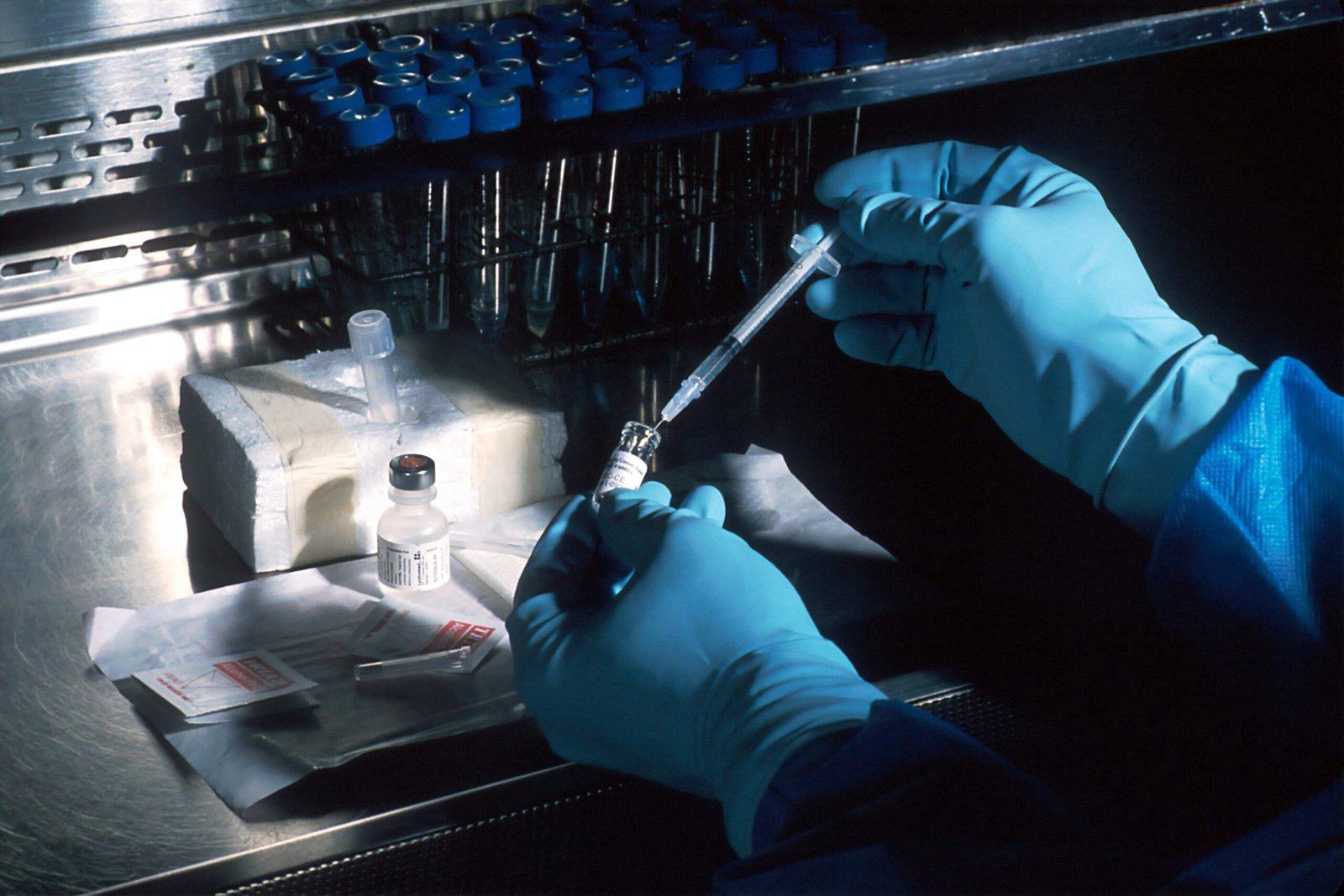Biotechnology has revolutionized the field of healthcare, paving the way for groundbreaking innovations and advancements in medical treatments. From gene therapy to personalized medicine, the latest biotechnology advances have the potential to transform the way we approach health and wellness.
Gene Therapy: Unlocking the Power of Genes
One of the most exciting developments in biotechnology is the advent of gene therapy. This innovative approach aims to treat or prevent diseases by modifying the genes within a person’s cells. By targeting specific genes that are responsible for certain conditions, scientists can potentially cure genetic disorders and even prevent the onset of diseases.
Gene therapy holds promise for a wide range of conditions, including inherited disorders such as cystic fibrosis and sickle cell anemia, as well as certain types of cancer. Researchers are exploring different delivery methods, such as viral vectors or gene editing tools like CRISPR-Cas9, to safely and effectively introduce therapeutic genes into the body.
Personalized Medicine: Tailoring Treatments to Individuals
Another area where biotechnology is making significant strides is personalized medicine. Traditionally, medical treatments have been developed based on a one-size-fits-all approach. However, with advances in biotechnology, it is now possible to tailor treatments to an individual’s unique genetic makeup.
By analyzing a person’s genetic information, doctors can determine the most effective medications and dosages for their specific condition. This personalized approach not only improves treatment outcomes but also minimizes the risk of adverse reactions or ineffective treatments.
Regenerative Medicine: Repairing and Replacing Tissues
Regenerative medicine is a rapidly evolving field within biotechnology that focuses on harnessing the body’s natural healing abilities to repair and replace damaged tissues. Stem cell therapy, for example, holds great promise for treating conditions such as spinal cord injuries, heart disease, and Parkinson’s disease.
Scientists are also exploring the use of 3D printing technology to create functional organs and tissues. This groundbreaking approach could revolutionize organ transplantation, as it would eliminate the need for donor organs and reduce the risk of rejection.
Precision Agriculture: Enhancing Food Production
Biotechnology is not limited to healthcare alone. It is also playing a crucial role in revolutionizing agriculture and food production. Precision agriculture, for instance, utilizes biotechnological tools to optimize crop yields, minimize environmental impact, and ensure food security.
By leveraging technologies such as genetic engineering, farmers can develop crops that are resistant to pests, diseases, and adverse environmental conditions. This not only reduces the need for harmful pesticides and fertilizers but also improves the nutritional content of the crops.
Conclusion
The latest biotechnology advances are transforming the healthcare industry and offering new possibilities for improving human health and well-being. From gene therapy and personalized medicine to regenerative medicine and precision agriculture, the potential applications are vast.
As researchers continue to push the boundaries of biotechnology, it is crucial to ensure ethical considerations and regulatory frameworks are in place to balance innovation with safety. With responsible and strategic implementation, biotechnology has the power to revolutionize healthcare and address some of the most pressing health challenges of our time.

































